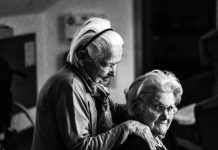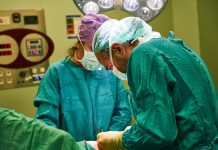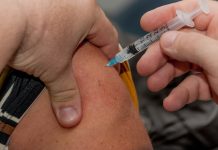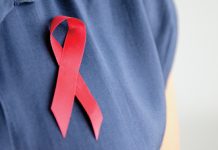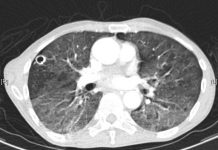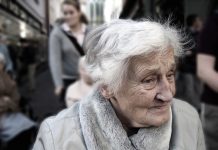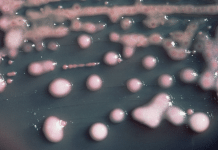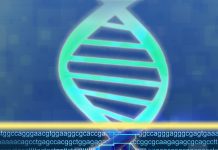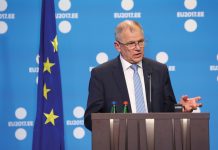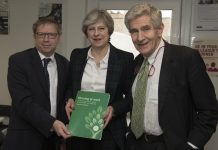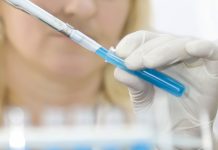Towards legalisation
As more and more countries legalise the use of cannabis for medical purposes, Health Europa Quarterly highlights recent research into its possible therapeutic benefits.
The...
Hysterectomies alone linked to long-term health risks
Researchers at the Mayo Clinic in Rochester Minnesota, US, have found that a hysterectomy alone without ovary removal is associated with increased risk of...
Health secretary apologises for operation delays
The UK health secretary, Jeremy Hunt, has apologised to thousands of patients after non-urgent NHS operations were delayed across England.
Hunt has admitted that the...
Review confirms sugar-obesity link
Recent studies on the consumption of sugary drinks have found further proof that a regular intake leads to obesity in children and adults.
The...
UK scientists to subdue global spread of new diseases
A new research hub has been set up in the UK to improve vaccine coverage across the globe, helping eradicate severe outbreaks of diseases...
Winter pressures cause delays for non-urgent operations
Thousands of non-urgent NHS operations across England are to be delayed until 31 January as the pressures of winter hit hospitals.
Officials have told hospitals...
Living well with HIV
Speaking at a meeting of the HIV Outcomes initiative in November, Vytenis Andriukaitis set out the European Commission’s past, current and future role in...
Alternative therapies could reduce antibiotic resistance
US researchers have said that new treatments for mild infections could help slow the mutation of severe bacterial infections with less antibiotic resistance.
In a...
AI could save cancer patients
UK researchers at an Oxford hospital have developed artificial intelligence (AI) that can diagnose scans for heart disease and lung cancer.
The new technology...
World Health Organization defines ‘gaming disorder’
The World Health Organization (WHO) has classified gaming addiction as a disorder in its latest international classification of diseases list.
According to a draft of...
Risk-based lung cancer screening could save more lives
Lung cancer screening based on individual risk has the potential to save more lives than the current US Preventative Services Task Force (USPSTF) method.
The...
Diabetes drug could reduce Alzheimer’s symptoms
Scientists may have found a drug that not only treats diabetes but could also be used to treat Alzheimer's through a triple method of...
Mental wellbeing for the many
PEN speaks to the chief executive of Place2Be, Catherine Roche, about ensuring health, safety and wellbeing for future generations.
In December 2017 the UK government’s...
Antibiotic resistance: ‘Sleeping’ bacteria identified
‘Sleeper cells’, which can survive doses of antibiotics and lie resting in a dormant state, may hold a key to understanding antibiotic resistance, research...
Finland launches global genome data research project
FinnGen, a unique study that combines genome information with digital healthcare, has been launched by researchers in Helsinki, Finland.
The FinnGen study plans to...
Redressing the balance
European Commissioner for Health Vytenis Andriukaitis emphasised the disparity between how physical and mental disorders are treated.
Mental health disorders are often overlooked compared to...
Expanding access
Following the launch of the second Lung Cancer Europe Report, the organisation’s president, Stefania Vallone, spoke to PEN about the disparities that remain in...
Smart sensors for healthier indoor air
The EU has funded research into low-cost smart sensors and ventilation-control technology capable of detecting and removing hazardous airborne substances.
Inside buildings, the accumulation...
A state of Mind
Chief Executive of Mind, Paul Farmer CBE, discusses the current state of mental health within the UK, and the role Mind plays in driving...
Groundbreaking gene therapy could cure haemophilia
A ‘cure’ for haemophilia is one step closer, following results published in the New England Journal of Medicine of a groundbreaking gene therapy trial...


